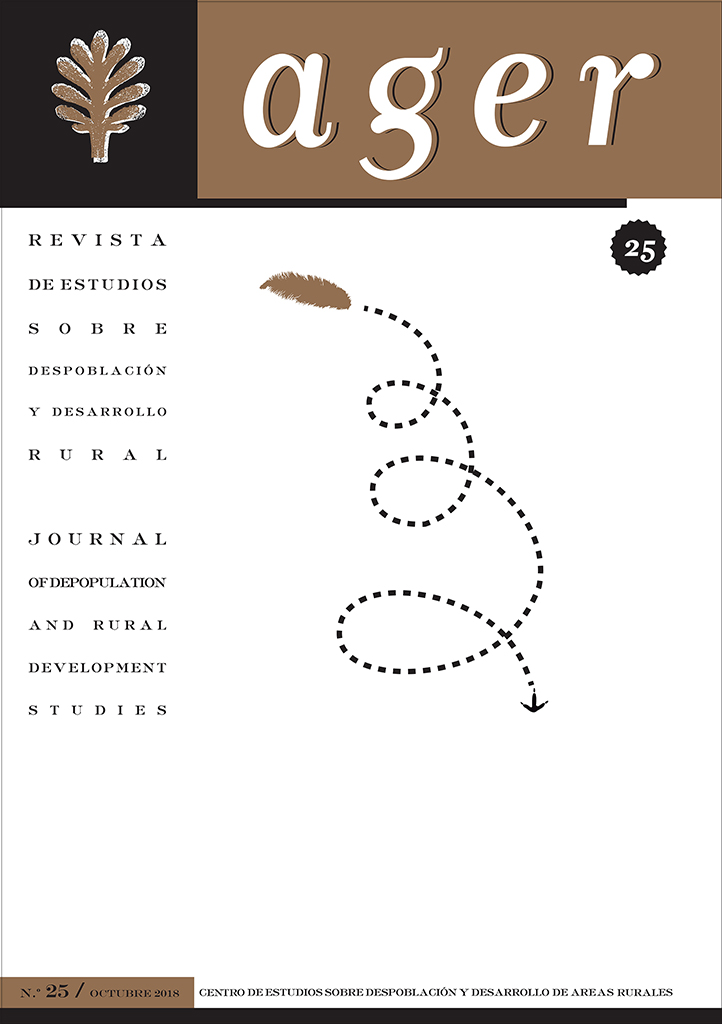Politics and territorial governance of food consumer groups in the district of Lavapiés, Madrid
Resumen
The article aims to characterise the organisational model and the discourse of the food consumer groups located in Lavapiés, a district in central Madrid (Spain), in order to test whether these groups can be conceptualised as forms of political and social innovation based on the principle of cooperation between producers and consumers. The methodology consists of an empirical study based upon semi-structured interviews with a prominent member of each of Lavapiés’ consumer groups. An inductive coding and an analysis of co-occurrences were conducted in order to process the qualitative information. We verify the hypothesis that these groups constitute an example of construction of self-organised alternative social networks based upon the concept that food consumption can be considered to constitute a political choice, contributing to creating agro-ecological alternative models of food production and consumption. Territorial governance of consumer groups involves the existence of close links with a dense social network embedded in the neighbourhood of Lavapiés, and with Madrid’s agro-ecological movement.
Keywords: consumer groups, agro-ecology, politics, territorial governance, Lavapiés.
Descargas
Publicado
Cómo citar
Número
Sección
Licencia
Aquellos autores/as que tengan publicaciones con esta revista, aceptan los términos siguientes:
- Los autores/as conservarán sus derechos de autor y garantizarán a la revista el derecho de primera publicación de su obra, el cuál estará simultáneamente sujeto a la Licencia de reconocimiento de Creative Commons que permite a terceros compartir la obra siempre que se indique su autor y su primera publicación esta revista.
- Los autores/as podrán adoptar otros acuerdos de licencia no exclusiva de distribución de la versión de la obra publicada (p. ej.: depositarla en un archivo telemático institucional o publicarla en un volumen monográfico) siempre que se indique la publicación inicial en esta revista.
- Se permite y recomienda a los autores/as difundir su obra a través de Internet (p. ej.: en archivos telemáticos institucionales o en su página web), lo cual puede producir intercambios interesantes y aumentar las citas de la obra publicada. (Véase El efecto del acceso abierto).

